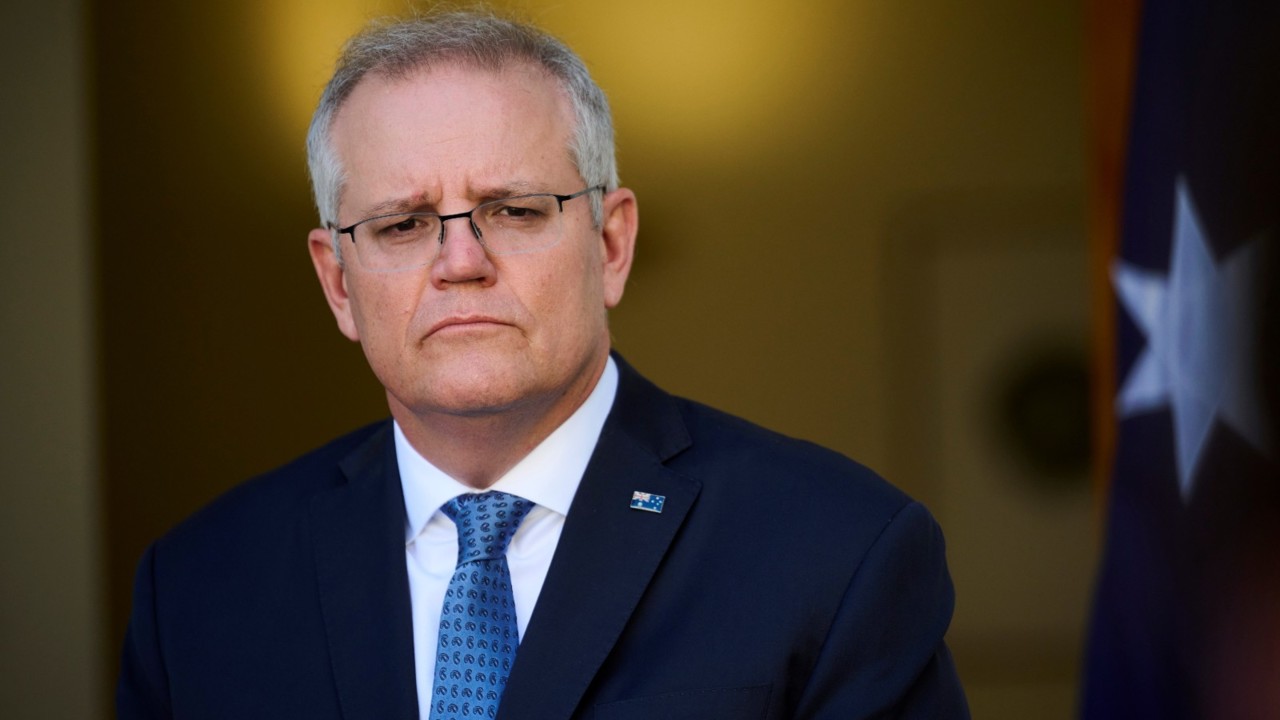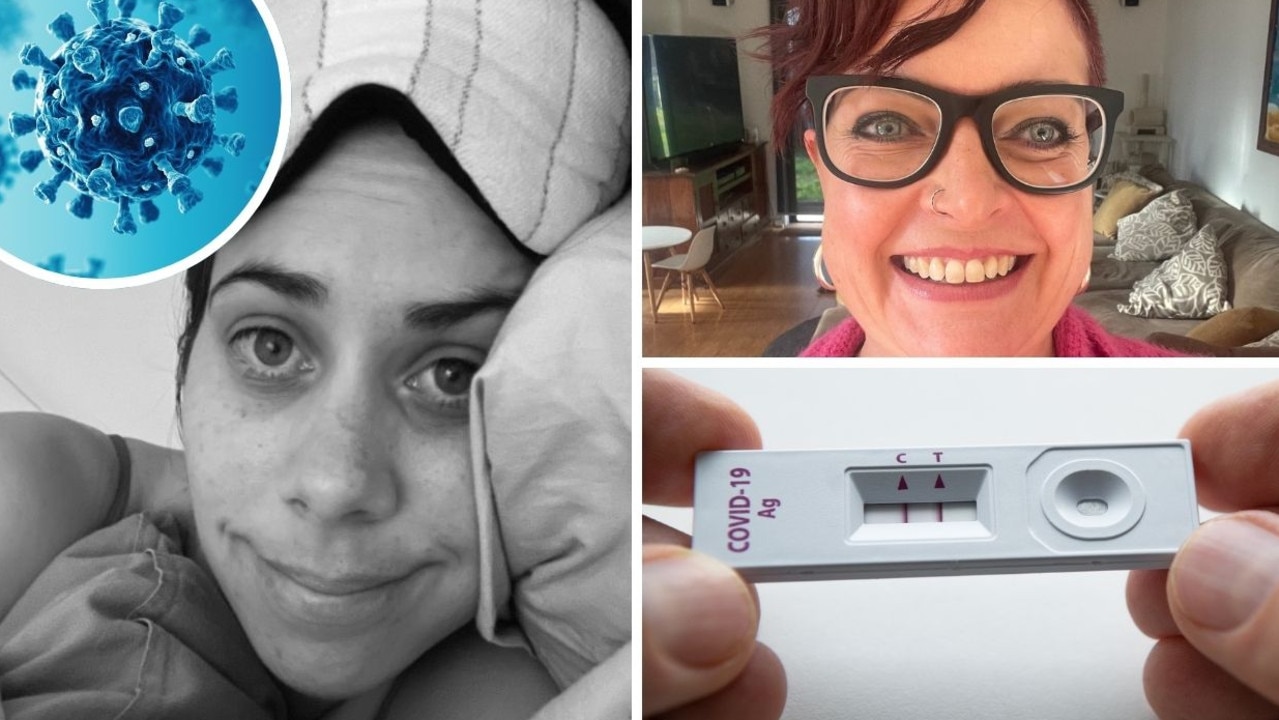National cabinet’s changes to close contact rules: What it means
A new definition for who is a close contact and what criteria Australians must meet to get a Covid test across the country have been unveiled. See how it affects you.

Coronavirus
Don't miss out on the headlines from Coronavirus. Followed categories will be added to My News.
A new definition for who is a close contact and what criteria Australians must meet to get a PCR test across the country have been unveiled by Prime Minister Scott Morrison after the latest national cabinet meeting.
This is how it affects you and your family.
WHAT IS THE DEFINITION OF A CLOSE CONTACT NOW?
In Australia, anyone living with a confirmed Covid case will be considered close contacts under a major overhaul to the nation’s approach to living with Omicron.
HOW LONG TO THEY HAVE TO ISOLATE FOR?
Prime Minister Scott Morrison said confirmed cases would need to get a rapid antigen test on day six if they were asymptomatic before leaving their week of isolation.
But on Friday afternoon, just 22 hours after the advice, this day-six testing rule for confirmed cases was scrapped.
“Following further consultation with the chief medical officer and chief health officers, leaders have also agreed to remove the requirement for day six rapid antigen tests for confirmed cases in isolation,” a statement said.
“If confirmed cases remain symptomatic, they should remain in isolation.
“Anyone with symptoms will continue to seek a PCR test.”
HOW WILL IT CHANGE CURRENT RULES?
It will mean that people will no longer be forced into isolation if they are pinged in public near a positive case going forward. The revised definition will mean that only people who share a home or accommodation – and have spent at least four hours indoors – with a positive case, will be impacted.
WHEN DOES THIS NEW DEFINITION COME INTO FORCE?
Mr Morrison said the new definition that requires testing and isolation will come into effect in five jurisdictions at midnight Thursday.
WHICH STATES / TERRITORIES DOES IT APPLY TO?
It applies to NSW, Victoria, Queensland, South Australia and in the ACT. Tasmania will follow on January 1 with the Northern Territory and Western Australia will be making announcements in future.
WHAT HAPPENS IF YOU DON’T FIT THE NEW DEFINITION?
Mr Morrison said you do not need to go and get a Covid PCR test.
“You should go home. Go to the beach, go and do what you want to do,” he said.
“Read a book in the park. Follow all the normal, common sense things that you would do, monitor your symptoms, follow the Covid safe practices, make sure you have booked for your booster, do all of those sorts of things but there is no need for you to be in that line.”
WHAT’S THE LATEST WITH RAPID ANTIGEN TESTS?
Mr Morrison also said that rapid antigen tests will be provided at testing centres as they transfer over the next few weeks from PCR to RATs.
“Some large states will be moving to get those rapid antigen tests to those testing centres as soon as they can and that will happen over the next few days and the next few weeks,” he said.
WHO CAN GET A FREE RAPID ANTIGEN TEST?
Mr Morrison said there will only be free tests if you meet the criteria. But vulnerable groups will still be able to access them.
“Anyone else who would like to get a rapid antigen test, well, go to your pharmacy all the supermarket or the warehouse, big suppliers, where, we believe, as a result of making this change and being very clear about who is being provided with a public test and who is not, all the private industry who gave us that advice this week, they can go now,” he said.
“They can book their supplies, they can get them on the shelves and not have any concern that, somehow, a new policy will come in and tests will be handed out to anyone who wants one.
“It was agreed today that will not be the policy in Australia.
“Rapid antigen tests will be provided publicly at those testing centres for those who require one according to the rules that I have set down, and we have taken out of national cabinet today.”
IS THE OMICRON VARIANT STILL LESS SEVERE THAN DELTA?
Chief Medical Officer Professor Paul Kelly said it was “becoming very clear now” that Omicron is a less severe variant.
“It is a different virus, very different from previous versions of the virus we have seen over the last two years,” he told reporters.
“What is the difference? We know it is very transmissible … and is transmitting fast in the community as we have seen, 110,000 active cases now in Australia and that is continuing to rise.
“I expect it will continue to rise.”
More Coverage
Originally published as National cabinet’s changes to close contact rules: What it means
Read related topics:Explainers




